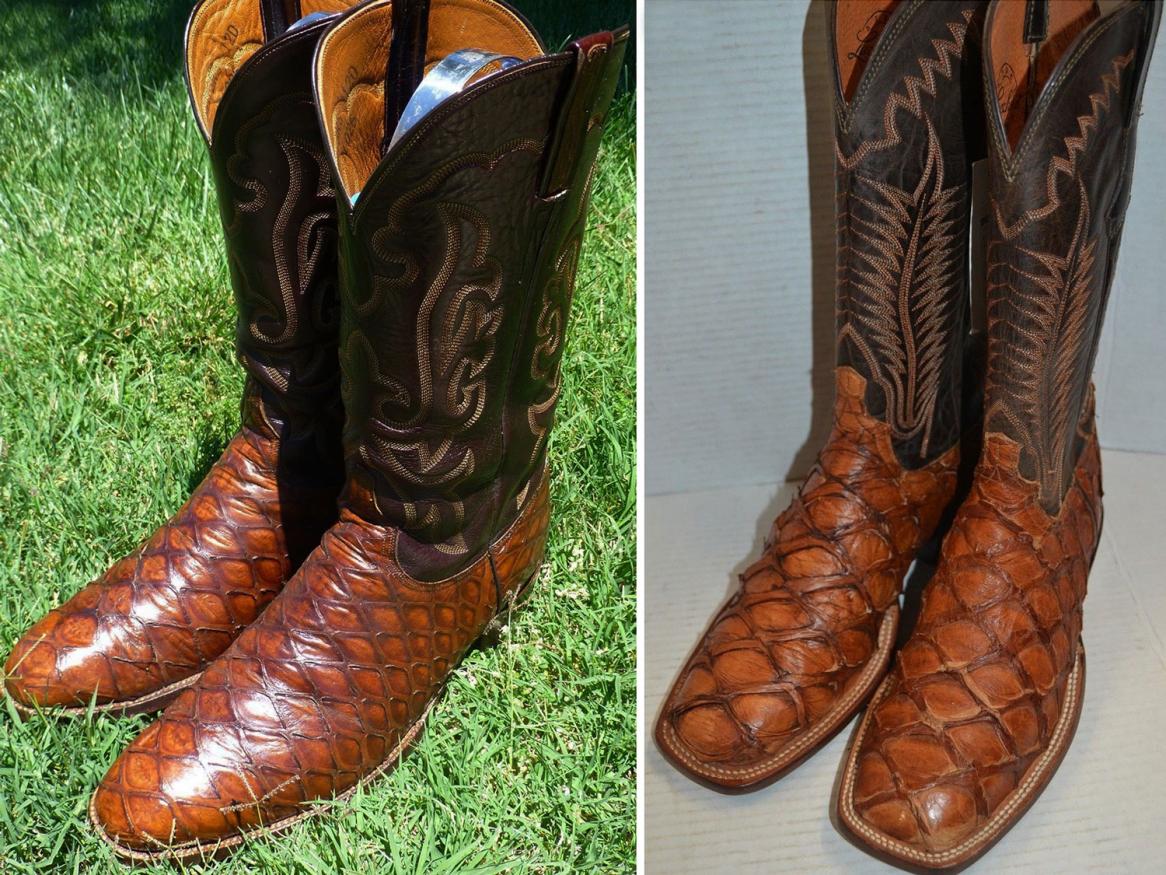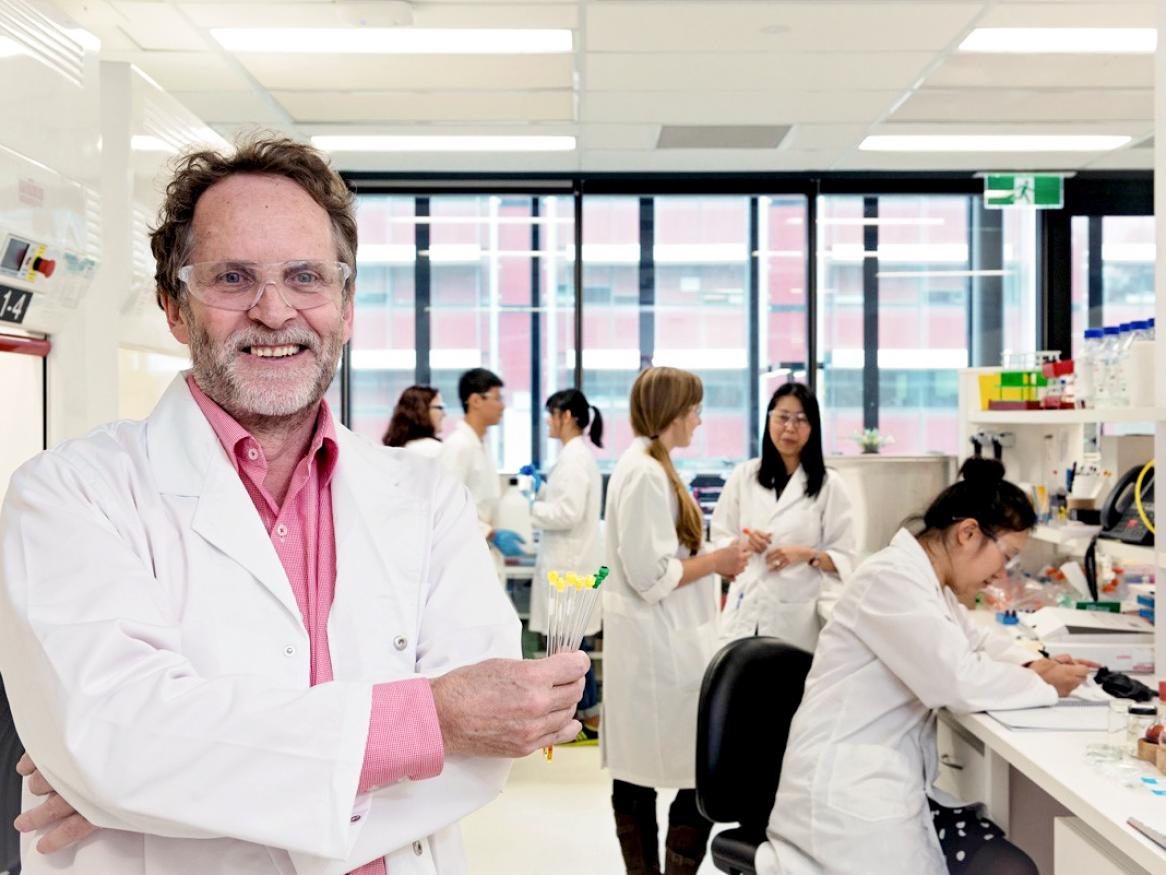News: research
An incredible journey - the first people to arrive in Australia came in large numbers, and on purpose

It took more than 1,000 people to form a viable population in Australia. But this was no accidental migration, the first arrivals must have been planned, scientists say.
Closing soon - EOIs for Adelaide-CSIRO Industry PhD Program
Expressions of Interest closing 28 June 2019 for University of Adelaide and CSIRO PhD opportunity.
[Read more about Closing soon - EOIs for Adelaide-CSIRO Industry PhD Program]
No yee-haw: What endangered creature are your cowboy boots made from?

Researchers investigating the world’s exotic wildlife trade have made a startling discovery...
[Read more about No yee-haw: What endangered creature are your cowboy boots made from?]
New ‘king’ of fossils discovered on Kangaroo Island

Fossils of a giant new species from the long-extinct group of sea creatures called trilobites have been found on Kangaroo Island.
[Read more about New ‘king’ of fossils discovered on Kangaroo Island]
A shore future for our coastal vegetation

Researchers are using new ways to gain genetic information from ocean sediment to determine the past and future survival of our coastal vegetation.
New leader for School of Biological Sciences

The University's biosciences research and education has been boosted by a new leader.
[Read more about New leader for School of Biological Sciences]
Higher biodiversity means healthier humans

Scientists find restoring environments to include a wider range of species can promote ‘good’ bacteria over ‘bad’.
[Read more about Higher biodiversity means healthier humans]
2019 Undergraduate Research Conference: call for submissions
The 2019 Undergraduate Research Conference will be held on Thursday July 25, and is open to any current or past undergraduate student who completed research at Bachelor or Honours level in 2018 to 2019 (including vacation projects, work-experience and other extra-curriculum research).
[Read more about 2019 Undergraduate Research Conference: call for submissions]
Probe detects the mechanism for spreading of metastatic cancer cells

A new fluorescent sensor developed by researchers from the University of Adelaide can detect migrating cancer cells and could be used to target medication to stop metastasis in aggressive cancers.
[Read more about Probe detects the mechanism for spreading of metastatic cancer cells]
Plant discovery opens frontiers

Scientists discover biochemical mechanism fundamental to plant life that could have huge implications for biomedical, pharmaceutical, chemical and biotechnology industries.
